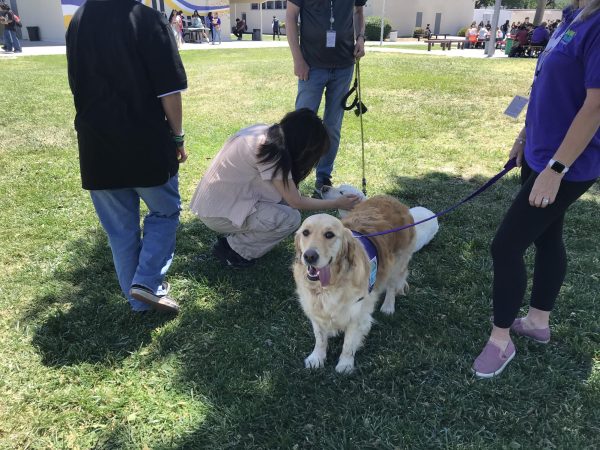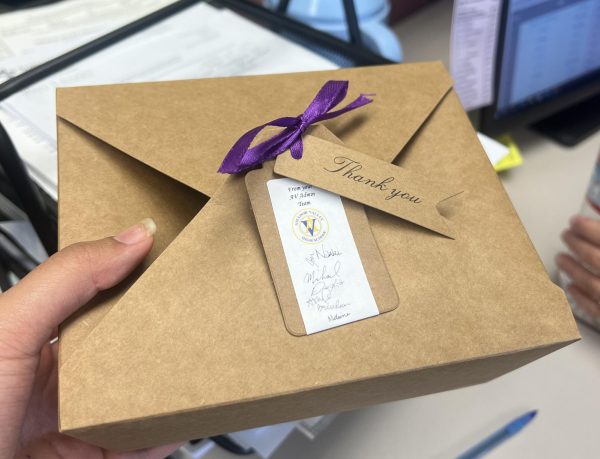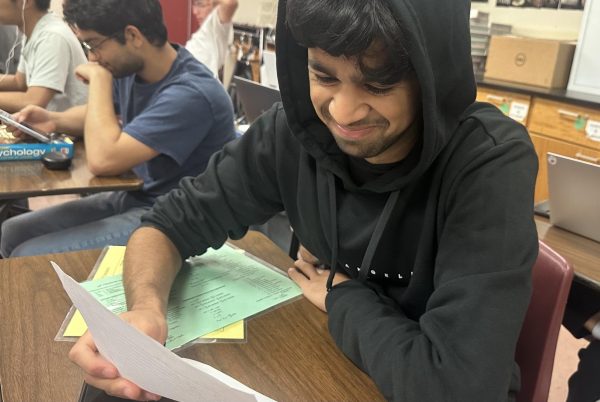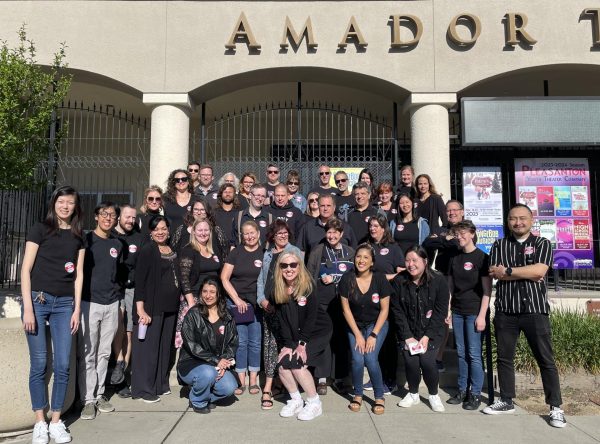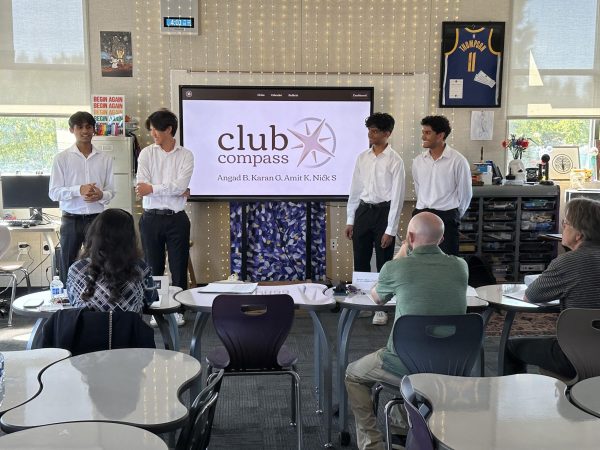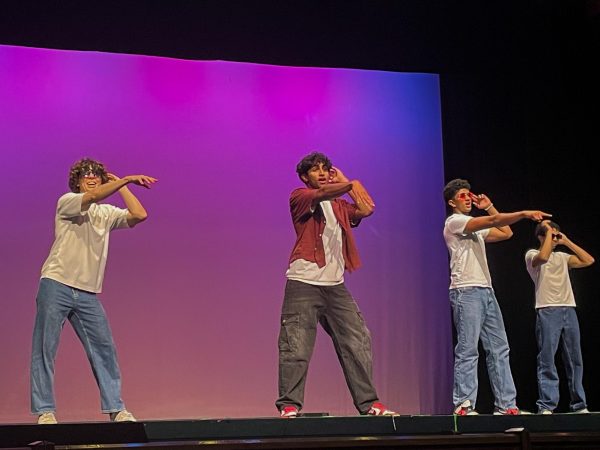Lessons brought to life: zoology students visit Monterey Bay Aquarium
The zoology students pose in front of the large aquarium tanks.
February 15, 2023
Through a hands-on approach to learning about aquatic animals, Amador’s Zoology students visited Monterey Bay Aquarium. In total, about 50 zoology students went to see all the animals they had learned about in class to reinforce the lessons they have been taught.
“The zoology class covers a lot of aquatic and marine animals the first semester and the Monterey Bay Aquarium has all of those animals that we talk about. Unfortunately in the classroom I can’t bring them all in, can’t look at live specimens all the time, so this is a great opportunity to apply what we learned in class and actually witness and see them at the aquarium,” said Zoology teacher Amy Turner-Bull.
Offering opportunities such as live feedings, touch experiences, and interactive exhibits, allowed the students to be immersed in the aquarium. Over 250 animals brought much to see and reminded students of the vastness of our oceans..
“We learned about all these animals in class and it’s really cool to see them in person. We learned about different kinds of fish recently and seeing all the fish and the different parts in real life is kind of cool,” said Alena Gagnon (‘23).
Students got to see animals that live 2 miles below sea level that very few people have access to. Monterey’s newest exhibit Into the Deep offers dark, cold water with ‘the largest collection of deep-sea animals in North America.’
Naturalists shared in-depth knowledge of the deep ocean, otters, and the kelp forest as students were able to view feedings of many aquarium species. The Monterey Bay Aquarium spreads awareness through the rehabilitation of many of its animals, teaching them critical life skills to survive on their own.
“[The aquarium] is there to educate people, to make them aware of this huge part of our earth that we don’t know that much about but hopefully we can be more appreciative and conscientious of our choice and what we’re doing. I’m hoping that students enjoyed it and reflect and can be appreciative,” said Turner Bull.

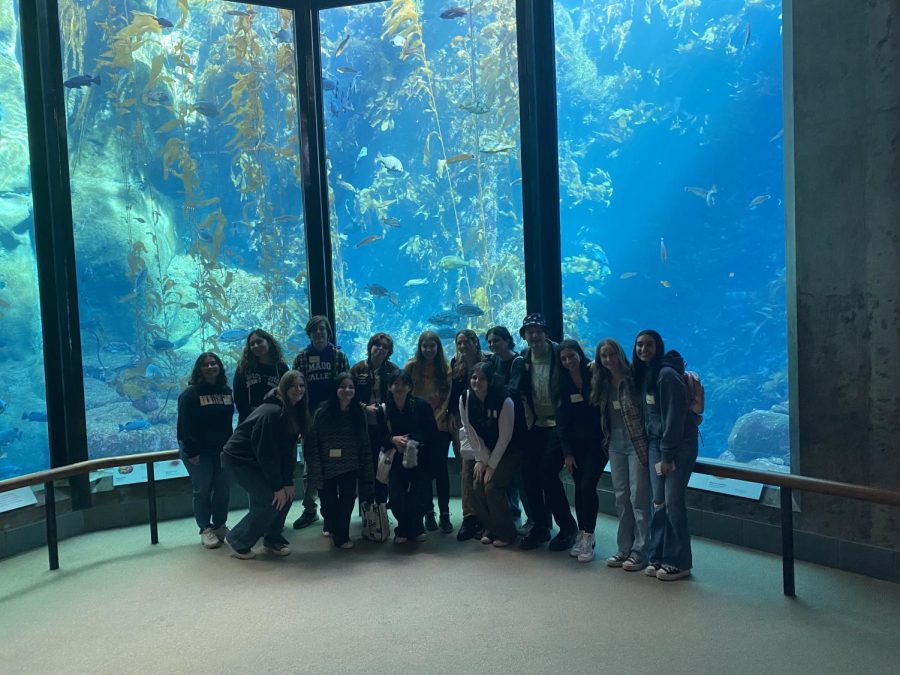
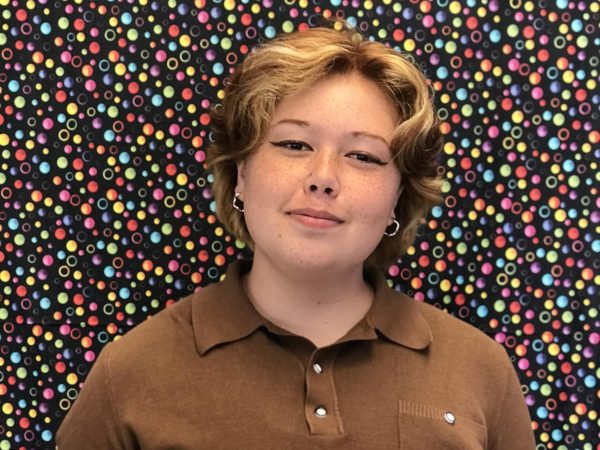



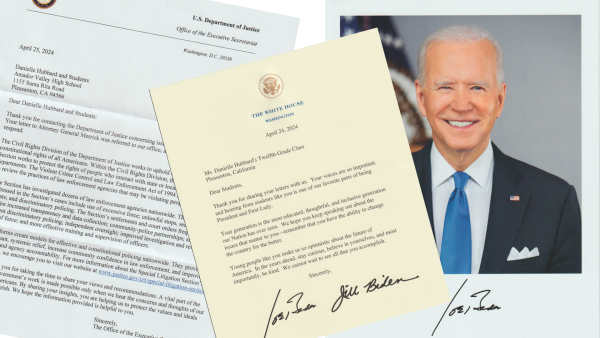
![The outgoing EICs [left to right] Zenil Koovejee, Aileen Hu, Ritika Gupta, Zaynah Shah, and Audrey Combs take a picture with journalism advisor Wendy Connelly to commemorate their last banquet.](https://www.amadorvalleytoday.org/wp-content/uploads/2024/05/458E2D9A--600x451.jpg)
